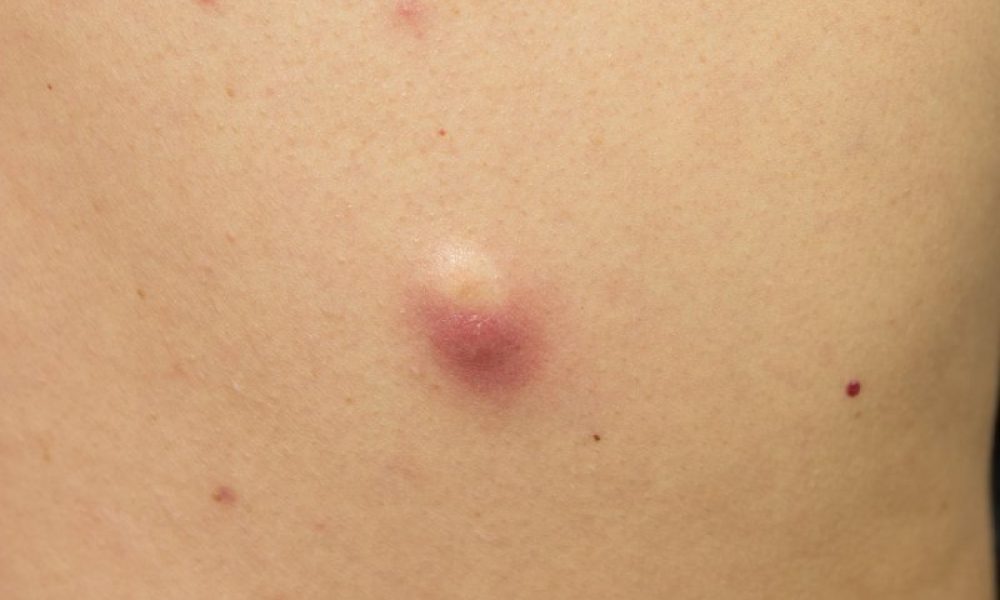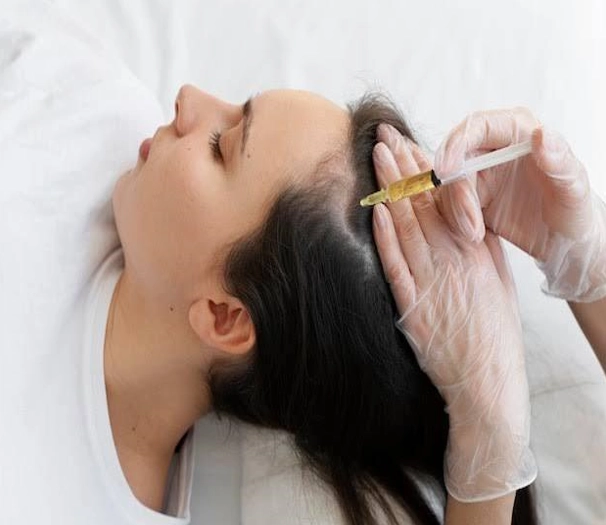1. What is a cyst?
Cysts are sac-like structures that are usually filled with fluid or other material that can occur in many different places on the body, most commonly found on the skin. They can be caused by a number of things such as infection, inflammation, or a even a tumor.
2. What causes cysts?
Cysts can be the result of various factors, some stemming from physical blockages in oil glands, others resulting from infections or other health conditions. In a small number of cases, cysts may even form after undergoing surgery or radiation treatments.
3. What are the symptoms of a cyst?
The most common symptoms of a cyst are an increase in size, pain, and fluid drainage. Cysts can occur on any part of the body but are more commonly found on skin, ovaries, kidneys, and pancreas. A cyst may produce acne or boil-like lesions; cause pelvic pain or irregular periods; raise the risk for kidney stones; or be painful to move around due to its location near other organs.
4. What are the different types of cysts?
There are a variety of different types of cysts which can form in different ways. Some of the most common types are:
Sebaceous cysts: These cysts are caused by blockages in the sebaceous glands and form on the face or the neck. They are usually filled with sebum, and can be quite large and unsightly.
Ovarian cysts: They form on the ovaries and can often be quite uncomfortable. They may result from various factors, such as hormones, age, or genetics.
Pancreatic cysts: These growths can be excruciating and often occur during routine tests or scans.
Hydatid cysts: These cysts are caused by a type of parasitic worm, and can often be dangerous. They typically form in the liver or lungs.
Breast cysts: These cysts are common in women and can be painful. They are often caused by hormone fluctuations or by using certain types of birth control
5. What is the treatment for a cyst?
A common treatment for cysts is to have them surgically removed by a qualified doctor. Another option is to have the cyst drained or lanced, however, This should be done by a medically trained professional such as a dermatologist. If you decide too have the cyst drained at home, it is important to make sure that you are using a safe and sanitary method. It is always best to have a medically trained professional do any of these procedure rather than doing them yourself to avoid any possible infections.
6. What is the prognosis for a cyst?
Most cysts do not cause any issues and you can typically be in and out of the office if getting treatment within an hour. The cyst should be checked to determine if it is benign.



